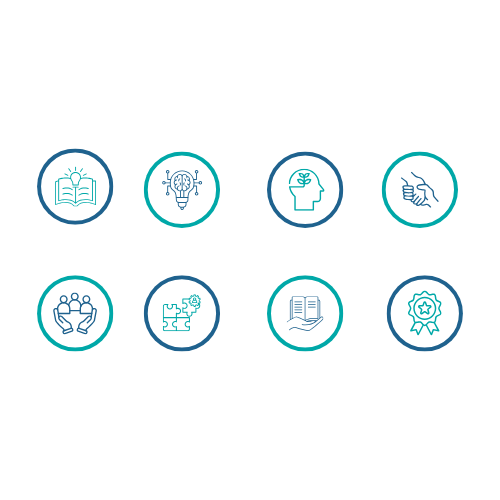Governance
At Filo Care and Nursing Agency, our governance structures are designed to ensure accountability, transparency, and the highest standards of care. The agency is overseen by the Responsible Individual, who manages day-to-day compliance, quality control, and adherence to both internal policies and external regulations. The Board of Directors provides strategic oversight, ensuring that the agency’s vision and values are upheld while guiding long-term decision-making and organizational growth. Additionally, Filo is regulated by the Regulation and Quality Improvement Authority (RQIA), Northern Ireland’s independent health and social care regulator, which further ensures that our services meet rigorous safety, quality, and performance standards. This robust governance framework enables Filo to deliver reliable, person-centred care while continuously improving our services.
Maintaining the highest standards of safety and quality is a priority, achieved through regular audits, compliance checks, and staff supervisions. These processes ensure that both the agency and its team operate within the stringent guidelines set by regulatory bodies and internal policies.
Regular audits assess the effectiveness and safety of care practices, identifying areas for improvement and ensuring that all services meet required standards. Compliance checks ensure adherence to legislation, safeguarding protocols, and best practices, while staff supervisions provide opportunities for ongoing professional development, performance reviews, and support.
Together, these measures create a structured environment where staff are empowered to deliver safe, high-quality care, and the agency remains fully compliant with all legal and regulatory requirements.
Learning and Development at Filo
Learning and development is a critical aspect of Filo Heartbeat, focusing on enhancing our team’s skills and knowledge, building confidence in clinical practice. Here’s a breakdown of the key elements of our Learning and Development programme;
Types of Learning and Development
Formal Training: Structured programs, workshops, and courses led by qualified and experienced trainers.
Informal Learning: On-the-job training, peer-to-peer learning, and self-directed study.
E-Learning: Online courses and resources that provide flexibility and accessibility.
Skill Development Areas
Technical Skills: Specific competencies related to job functions, such as clinical training or compliance.
Soft Skills: Interpersonal skills like communication, teamwork, and problem-solving.
Leadership Skills: Working as part of a team and autonomously, with responsibilities that enhance management capabilities.
Learning Strategies
Blended Learning: Combining online and in-person methods for a comprehensive approach.
Mentorship and Coaching: Personalised guidance to help employees grow professionally.
Evaluation and Improvement
Assessment Tools: Pre- and post-training assessments to measure knowledge gained.
Feedback Collection: Surveys and discussions to gather participant feedback for program enhancement.
Creating a Learning Culture
Encourage Lifelong Learning: Promote an environment where continuous learning is valued.






